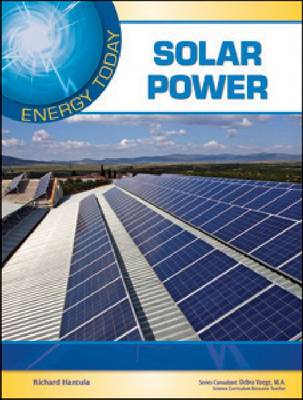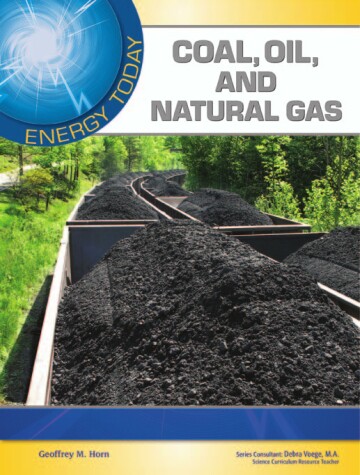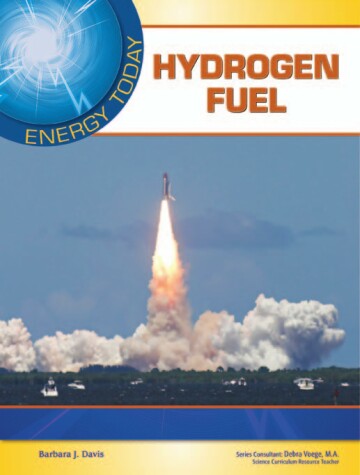Energy Today
5 total works
Though nuclear energy provides much more power than fossils fuels like coal, its use is hotly debated because of the potential for radiation seeping into surrounding areas. Still, it is widely used and has developed immensely in recent years. From its development to its environmental impacts, Nuclear Power discusses the positive and negative implications of this hotly debated source of energy.
Along with geothermal energy, solar energy is now one of the least environmentally disruptive sources of power by which electricity is generated today. Sunlight is a free, unlimited resource that hits the Earth with more energy in an hour than the people of the world use in a year. In Solar Power, readers will discover how scientists are trying to harness this power and explore potential developments into the future.
Coal, oil and natural gas are the world's most important sources of primary energy. However, as we move into the future, these nonrenewable sources of energy will become less widely available. Coal, oil, and Natural Gas explores the importance of fossil fuels and their impact on the global environment and economy.
Because hydrogen fuel gives off water as a byproduct and does not emit any carbon dioxide, many people believe it could one day compete with oil as the major transportation fuel. In Hydrogen Fuel, readers will discover how this simple element can create clean energy, how it is used in the present for space shuttles and fuel cells, and how it may be used in the future.
From vegetable oils to starches, these biodegradeable fuel sources are seen as environmentally friendly ways to power vehicles, heat homes, and cook food. Biofuels discusses different types of biofuels, the science behind their production, their environmental impacts, and possible future uses.



